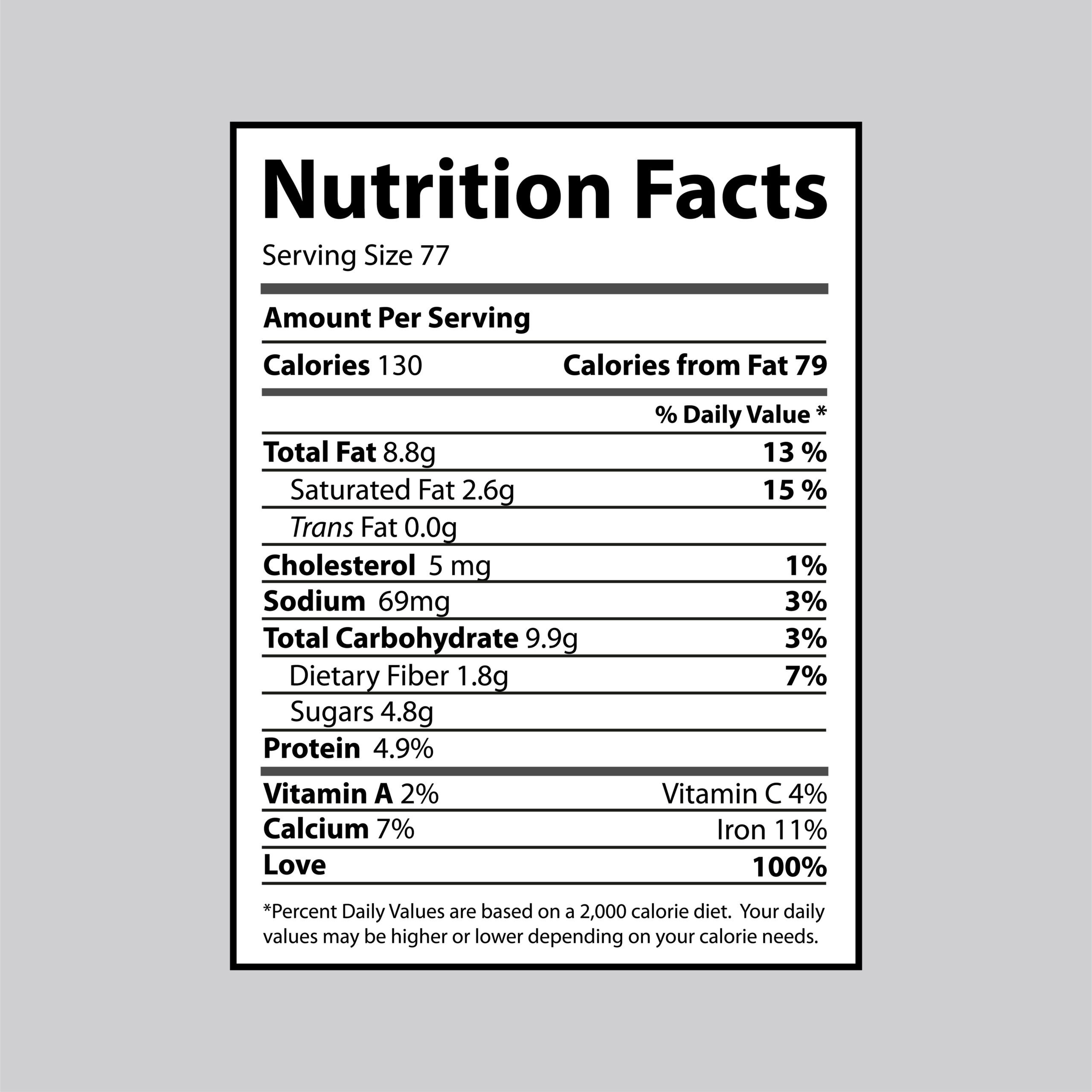
Supplements can be a vital part of a healthy lifestyle, but like anything that you put into your body, you need to feel confident that you’re taking the best possible quality and that those supplements are safe to use. Several myths swirl around supplements, but we’ve got the answers to 5 frequently asked questions that will help you make wise decisions! Keep reading . . .
Question: Do supplements expire?
Answer: Over time, even supplements kept in opaque containers in a cabinet will break down. While they may not be harmful to ingest, they will lose some of their potency, rendering them less effective than supplements taken with their “best used by” window.
Question: Is the refrigerator the best place to store supplements?
Answer: Supplements are best kept in a cool, dry place, so a damp refrigerator probably is not your best bet. Bathrooms, especially medicine cabinets and counter surfaces near the shower and skin, are also best avoided as the moisture can get into containers and break down pills and capsules. Consider keeping your supplements in a kitchen cabinet far away from the stove and sink.
Question: Can supplements replace foods?
Answer: While vitamin and mineral supplements can help fill in dietary gaps, a well-balanced diet filled with a variety of fruits, vegetables, proteins, carbohydrates, and beneficial fats is the best way to keep you healthy. If medical reasons are preventing you from eating properly, consult with your doctor or trusted healthcare provider.
Question: Can you take too many supplements?
Answer: Too much of a good thing is definitely possible where supplements are concerned. Taking more than is recommended can lead to gastrointestinal issues and other, more severe, health consequences. Iron, for example, is not excreted from the body and remains in the system, so when too much is consumed, it can lead to an increased risk of heart attack and stroke.
Question: Are all supplements the same?
Answer: Pay close attention to where supplements are manufactured. Not all countries adhere to the strict safety and manufacturing standards that the United States does, and if those supplements have not been approved by the Food and Drug Administration, there is no guarantee that they were made under clean conditions—or even that they contain what the label my claim. For further protection, buy your supplements from reputable stores and resellers that hold themselves to a higher standard and make the safety and satisfaction of their customers a top priority.
Now that you know the facts about supplements, you can get started on your own regimen today. Simply by following the above guidelines you can gain all the benefits that supplementation has to offer!

A new study suggests that a widely used sugar substitute found in diet sodas, chewing gum, and low-sugar yogurt may elevate insulin levels. This could increase the long-term risk of heart disease. “Artificial sweeteners have infiltrated nearly all types of food, making it crucial to understand their long-term health effects,” said Yihai Cao, senior author […]

Diet Coke has long been a fan-favorite among soda lovers who want a fizzy, guilt-free alternative to traditional soft drinks. While its zero-calorie, zero-sugar label makes it seem like a healthier option, the reality is far more concerning. Despite its undeniable popularity, Diet Coke’s nutritional profile has raised red flags among health experts for years. […]

New study shows that embracing an anti-inflammatory, plant-forward diet can support cognitive function and help reduce the risk of dementia. What You Eat Shapes Your Brain The food you eat doesn’t just impact your body—it also affects your brain. Research suggests that eating an anti-inflammatory, plant-based diet can help improve memory, focus, and overall brain […]